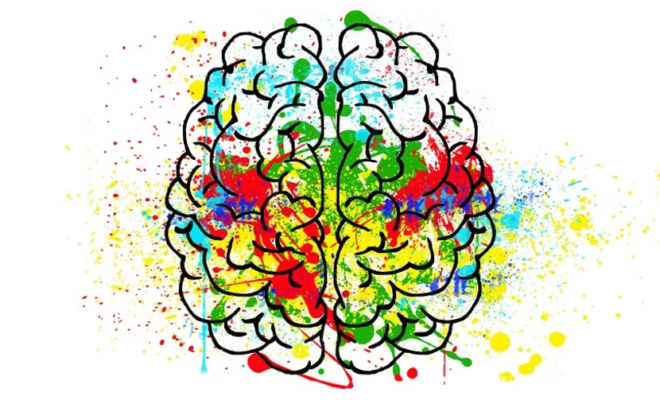Anxiety: Class is in Session

Let’s be real: anxiety has become a companion for many of us in recent years if we weren’t acquainted beforehand.
So what exactly is anxiety and how does one cope with it?
Anxiety is defined as intense, excessive, and persistent worry and fear about what is to come. It’s a common feeling everyone shares: the upcoming important presentation at work will be accompanied by nerves to ensure you bring your best to the table. That physics exam that’s in three days will no doubt keep a student with test anxiety nervous for quite a while. But what happens when a close friend or family member of yours suddenly can’t face the idea of huge crowds or breaks into a sweat at the mere mention of using public transportation?
Then anxiety becomes a disorder. Oftentimes, those who don’t have anxiety disorders undermine peoples’ experiences of how detrimental it can be. The fear doesn’t fully go away; if left unchecked, it can get worse and even interfere with work, school, having a social life, you name it. Some people need medication and others search for other methods to control their anxiety disorder instead of it controlling them.
There are different types of anxiety and learning about them at the basic level can help you help people close to you if they do experience it. Many symptoms include muscle tension, sleep problems, feeling restless or wound-up, and difficulties in concentration. Their fight/flight response may latch onto the freeze option. The majority of those who suffer from this also fear people who make it worse in what they say or do.
Generalized anxiety disorder is diagnosed when a person’s anxiety over everyday routines in their life is disrupted by fear or anxiety for a period of six months or longer.
Panic disorder occurs when a person has unexplained and unprovoked panic attacks that dial anxiety up to 100 within a few seconds or minutes and lingers for a couple of minutes—to hours, in extreme cases. Imagine going through what you think is a heart attack for several minutes and after the first experience, you wonder when it’ll happen again. Not if. When.
Phobias are the most known of anxiety. Everyone’s got one. Mine’s needles. This one is very common. Just know that whatever irrationally strikes fear into your heart— regardless of its actual danger level to you— you’re not alone.
Social anxiety is where a person fears social and performance-related scenarios. They fear the aftermath of being negatively judged by their peers. Speech class, anyone?
Post-traumatic stress disorder results from traumatic incidents that a person experiences. PTSD reshapes how the brain works after moving on from the trauma physically. The body keeps score and relives the trauma as if it were happening over and over again— like a skipping cassette tape on repeat. Anxiety and depression are under the umbrella of the PTSD diagnosis because of their intensity.
These are just to name a few of the most common types of anxiety. So, what are a few ways to help someone out who is experiencing anxiety, or what methods can you use when you feel a wave coming on?
Therapy is always a good start. Therapists, psychologists, and psychiatrists are trained and knowledgeable on how to manage anxiety in whatever direction you wish to do— be that medication, EMDR, CBT, or simply talking through it.
Medication is also a good alternative if that is a path you wish to take. A diagnosis and a psychiatrist’s prescription are required. A stepping stone, if you don’t wish to take meds per se, you can stock up on CALM gummies or pills.
Ground yourself or the person experiencing anxiety. Focus on breathing and think (or say aloud) five things you can see, four you can hear, three you can touch, and two you can smell. Keep doing this for a few moments after your body calms down.
Join an online or meetup group of people with similar experiences. It truly is invaluable finding people who just understand without needing to over-explain yourself.
Remember the word HALT— these stand for four things that could be the trigger of sprouting anxiety. Are you hungry? Are you angry? Are you lonely? Are you tired? Using this as a basis will help narrow it down if there is no other trigger that you see that would be the reason why.
For more in-depth information, NIMH is a good resource for mental health information as well as the ADAA whose focus is on anxiety and depression research and treatment.









